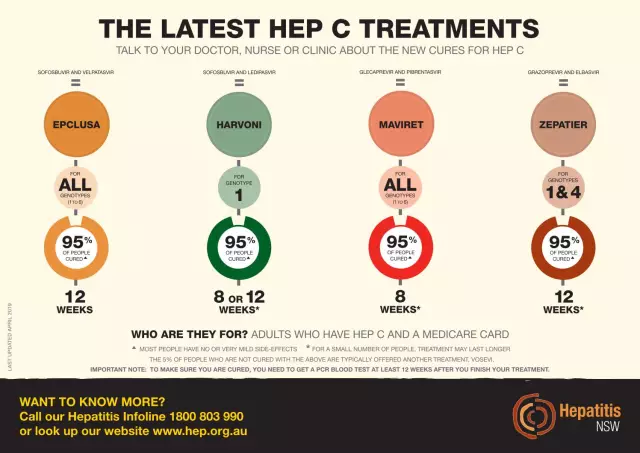- Author Curtis Blomfield blomfield@medicinehelpful.com.
- Public 2023-12-16 20:44.
- Last modified 2025-01-23 17:01.
Meningitis is an inflammatory process that is almost always triggered by an infectious agent in the membrane that covers the brain. Not all microbes can cause this disease, but only those viruses, bacteria, fungi or protozoa that are particularly aggressive towards the structures of the central nervous system.
Bacterial meningitis: how can you get infected?
Such an inflammatory process is more common than a viral one, it is more severe and more likely to leave behind various consequences. There are two types of bacterial meningitis, depending on the route of infection:

1) Primary, most often caused by meningococcus, less often by pneumococcus or Haemophilus influenzae. In this case, the microbe that caused the disease enters a person (most often children) by airborne droplets from:
- a bacteriocarrier, that is, a completely he althy person whose bacterium "lives" in the nasopharynx;
- a patient with meningococcal nasopharyngitis: in this case, a person may feel a slight malaise, a slight increasetemperature, accompanied by sore throat and discharge of mucopurulent snot;
- a patient with meningococcal meningitis or meningococcemia.
Please note: meningitis from a patient who carries the same disease can only be contracted if it is caused by meningococcus.
2) If you mean secondary meningitis - how can you get infected? This term refers to a disease that has arisen as a complication of another purulent process. In this case, the infection penetrates the brain:
- from the ears - with purulent otitis media;
- from the nasal cavity - with bacterial rhinitis;
- from the paranasal sinuses - with frontal sinusitis, sinusitis, ethmoiditis;
- with an open wound of the cranial cavity;
- with pneumonia, sepsis - spread by blood.
Such meningitis is not contagious, it is impossible to "transmit" it to another.

Viral meningitis: how can you get infected?
1) Airborne: this is how chickenpox, herpes simplex, mumps, enteroviruses “arrive”
2) Through dirty hands and undercooked foods. This is how enteroviral, adenovirus, and some other meningitis occurs.
3) The virus can be transmitted through sexual contact: this is mainly related to the herpes simplex virus.
4) If a he althy person injures an element of the patient's rash and applies its contents to his skin (with an infection caused by the herpes simplex virus).
5) Some viruses can enter throughplacenta or while passing through the birth canal, causing disease in newborn babies.
6) Other viruses are transmitted to humans by the bite of insects and arthropods.
Fungal meningitis: how can you get infected?
This type of disease rarely occurs in people with he althy immune systems. If it is found out that it was the fungus that caused the disease, you need to donate blood to determine antibodies to HIV, and if this test is negative (in this case, the person has not undergone chemotherapy and does not treat a systemic disease with hormones), it is necessary to examine the immunogram.
The incubation period for meningitis in children and adults is different: it all depends on which microbe caused the disease. Usually, it takes from two to ten days from infection to the onset of the first symptoms (an average of 5-7 days).

How to protect yourself from meningitis?
- Compliance with elementary hygiene rules.
- Do not share utensils and toothbrushes.
- Do not swallow water from a pond when swimming.
- Teach your child not to communicate with coughing, sneezing people and those who complain of fever. Wear a mask if necessary.
- Do not drink unboiled water and milk, look at the expiration dates of the products.
Because there are many different types of disease, meningitis vaccinations include:
1. Vaccinations against measles, mumps, rubella, haemophilus influenzae are vaccines that are mandatory for all children.
2. Vaccinations againstmeningococcus and pneumococcus are additional protection. If the child is often ill, is registered with a neurologist, then it is advisable to consult with an infectious disease specialist about the need for such a vaccination before you take him to kindergarten.
Vaccinations have not been invented for other types of germs that can cause meningitis, so it is important to learn how to follow all the above rules to prevent this disease.






